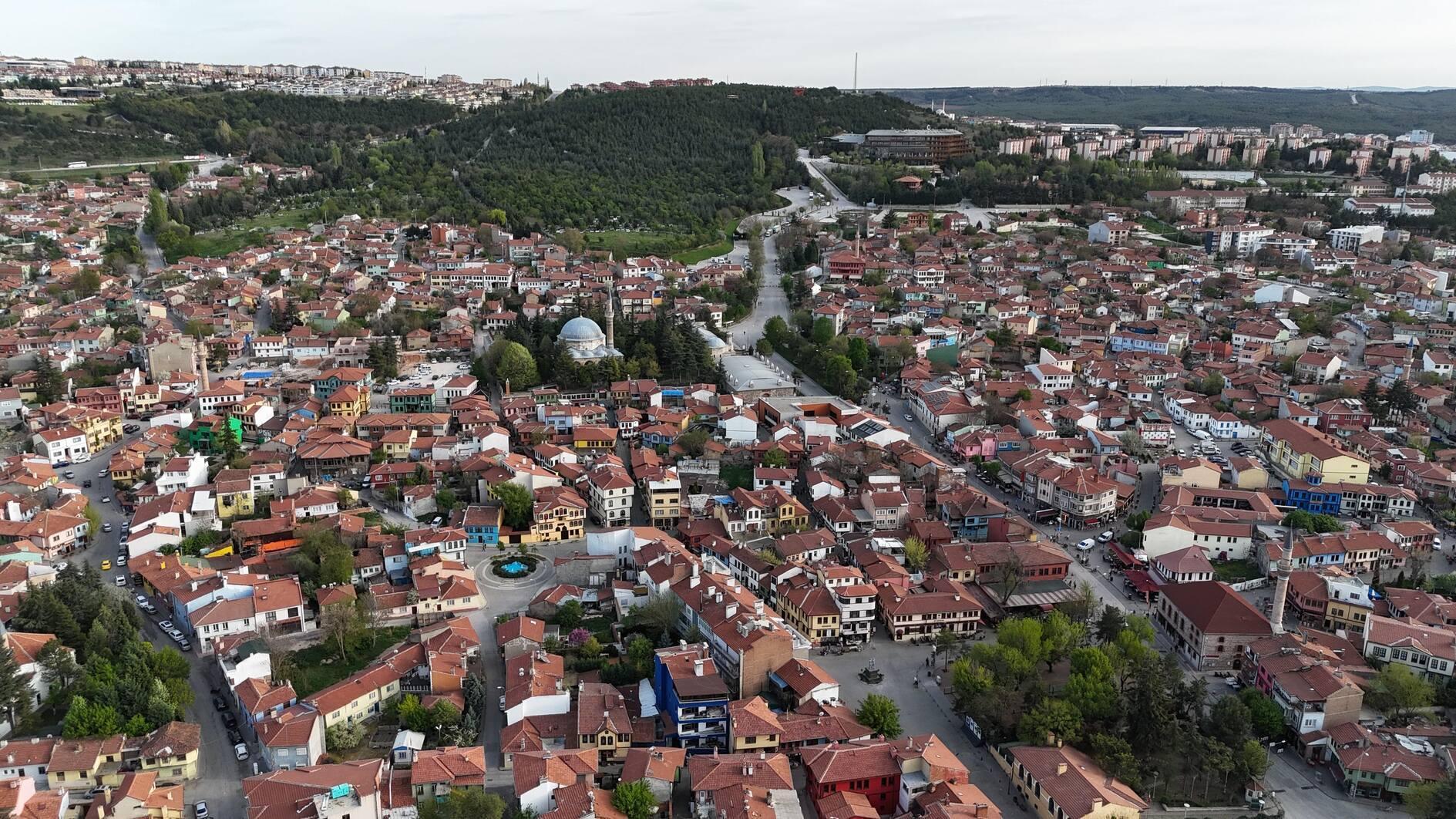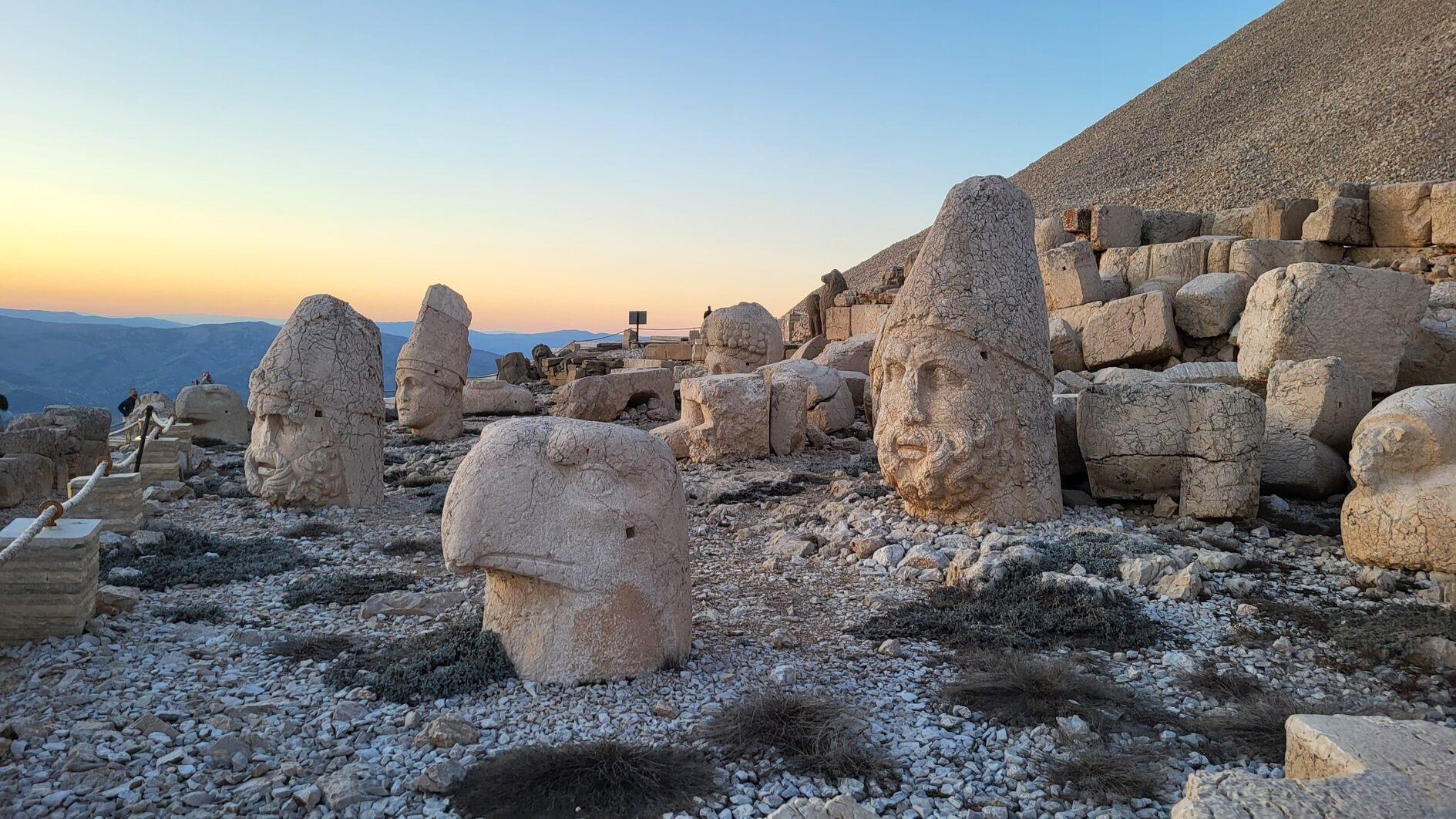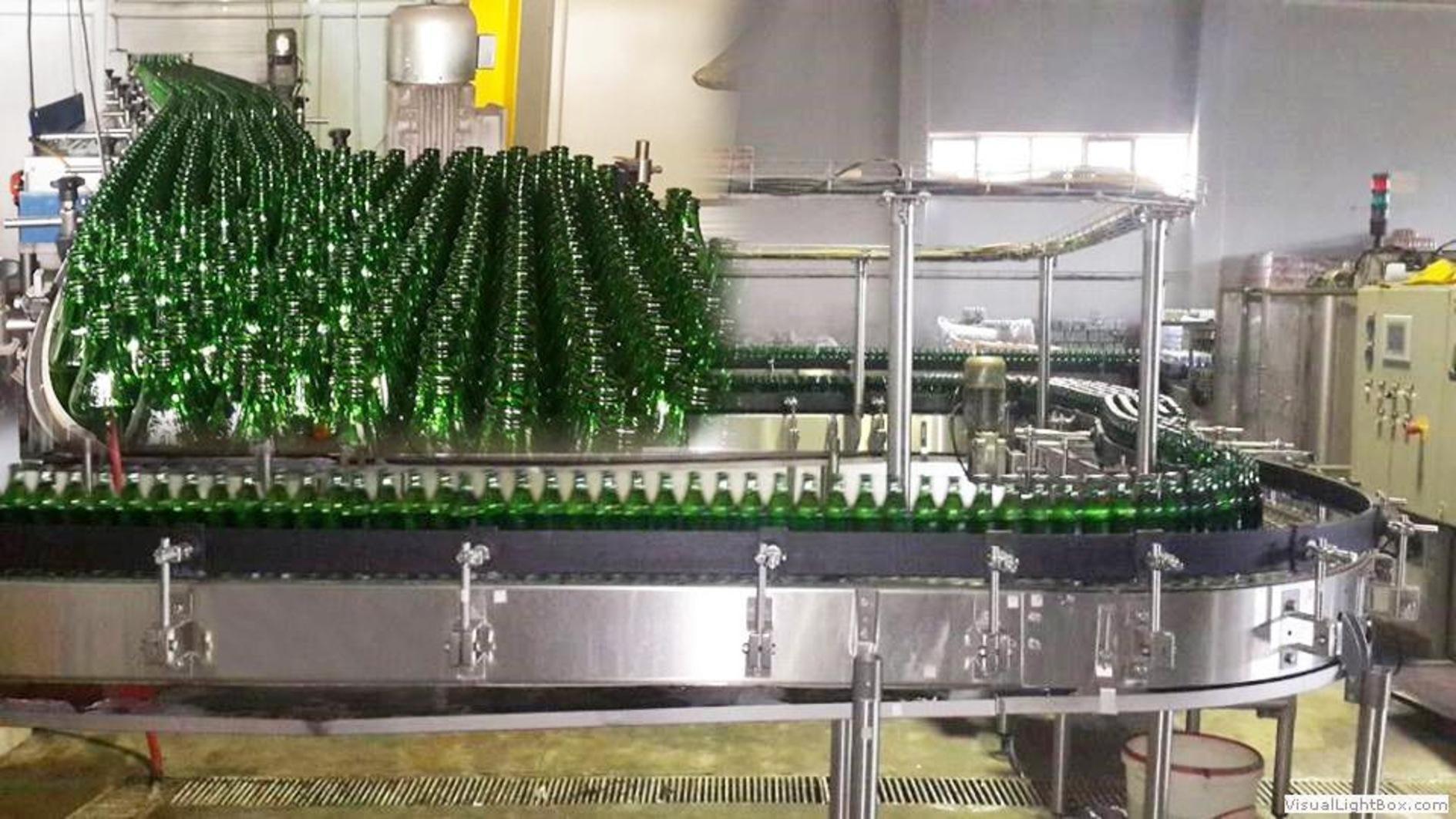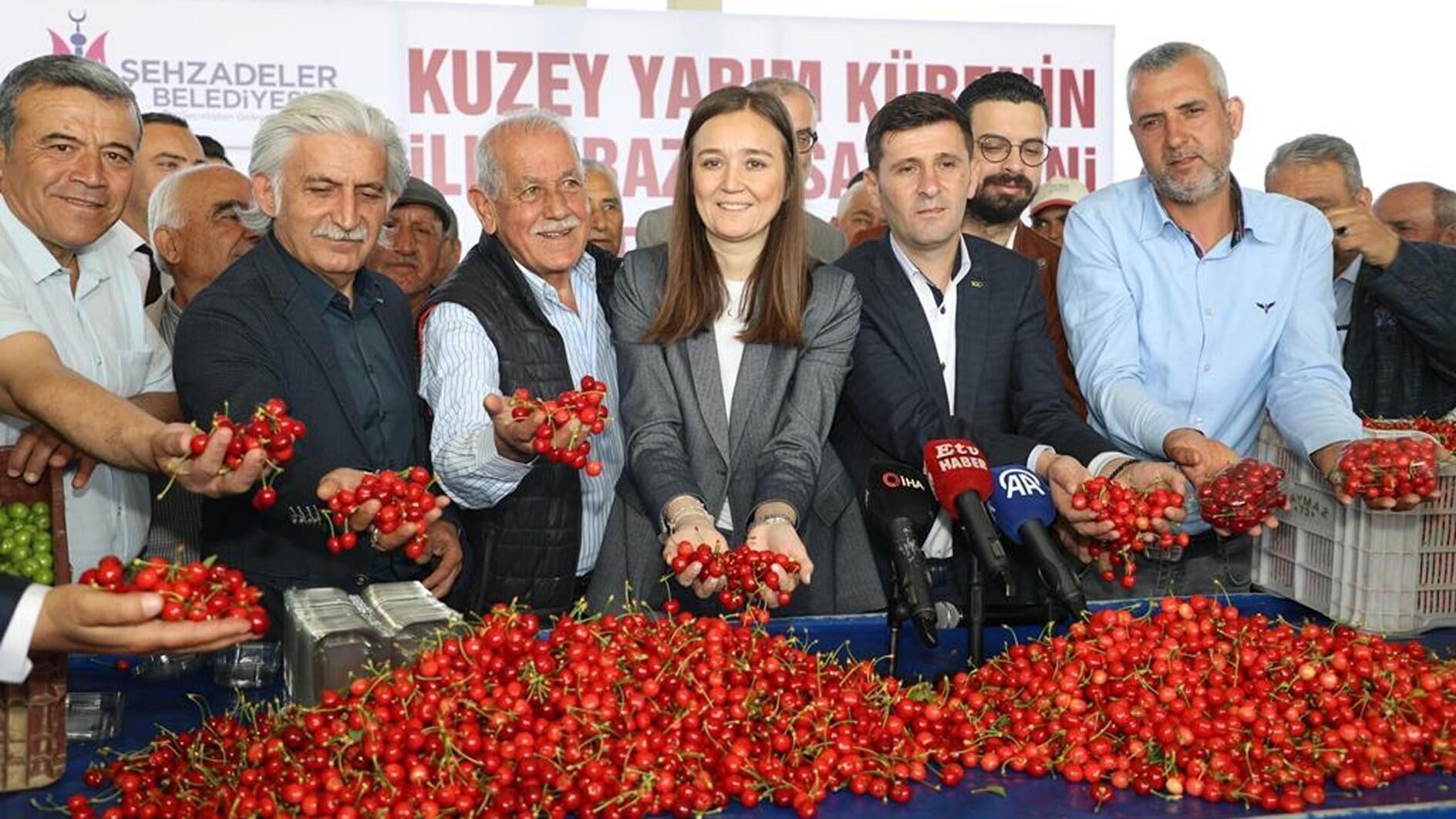Turkey may face water scarcity by 2030: Official
TRABZON
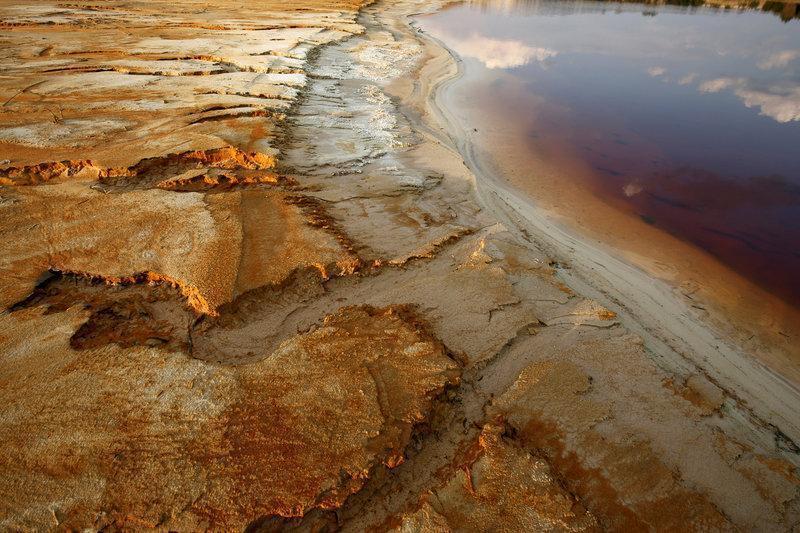
Population growth, industrialization and climate change are putting intense pressure on the planet’s limited water supplies, and Turkey is expected to feel the impacts in the near future, an official from the Agriculture and Forestry Ministry has said.
“According to the figures, our country is neither a water-poor nor a water-rich country. [Turkey] is a water-stressed country. In fact, many researches show that it is possible for our country to face water scarcity in the near future,” said Mustafa Uzun, the director in charge of water management at the ministry.
Speaking during an event within the scope of the “National Basin Management Strategy,” Uzun said that that the need for freshwater resources gathers steam with every passing day.
Rapid population growth, and hence increase in needs, combined with the effects of industrialization immensely decreases the water resources around the globe, Uzun said.
According to the figures the official provided, the annual per capita water supply is 1,365 cubic meters (cbm) in Turkey. Taking the negative impacts into consideration, this figure is projected to drop to 1,120 cbm in 2030.
The problem is not only the quantity but also the quality of water, Uzun said, adding that extreme weather conditions that cause floods hurt the Turkish public.
The ministry’s researches on climate change show an expected increase in temperatures and consecutive drought days, in addition to heat waves.
Uzun also conveyed that drought management plans for the Eastern Black Sea Basin and the remaining ones are scheduled to be completed by 2023.
The Eastern Black Sea Basin covers almost 2.92 percent of all Turkey with a nearly 2.3 million-hectare area, according to the Trabzon governor.
Gov. İsmail Ustaoğlu also underlined that the basin often experiences drought due to its topographic structure combined with a high amount of precipitation.
“Because of this, unwanted incidents such as loss of lives or economic [loss] happen in our basin,” Ustaoğlu said.
Nevertheless, the governor voiced optimism in his remarks by saying the water source of the basin has potential for generating hydroelectric power.
‘Hydroelectric plants turn wasted water into energy’
Meanwhile, Ordu Mayor Mehmet Hilmi Güler stressed the importance of the Eastern Black Sea’s water resources, saying wasted water is used for generating energy, thanks to the plants. With the renewable energy law, electricity is being generated from 24 hydroelectric plants, he said.
The mayor also conveyed that works were carried out to protect the water resources in the Black Sea provinces of Giresun, Artvin and Gümüşhane.
“As you know, water is an essential part of our lives. Our fertile lands, unfortunately, are fading away by merging with the Black Sea. We have to prevent this,” Güler said.


